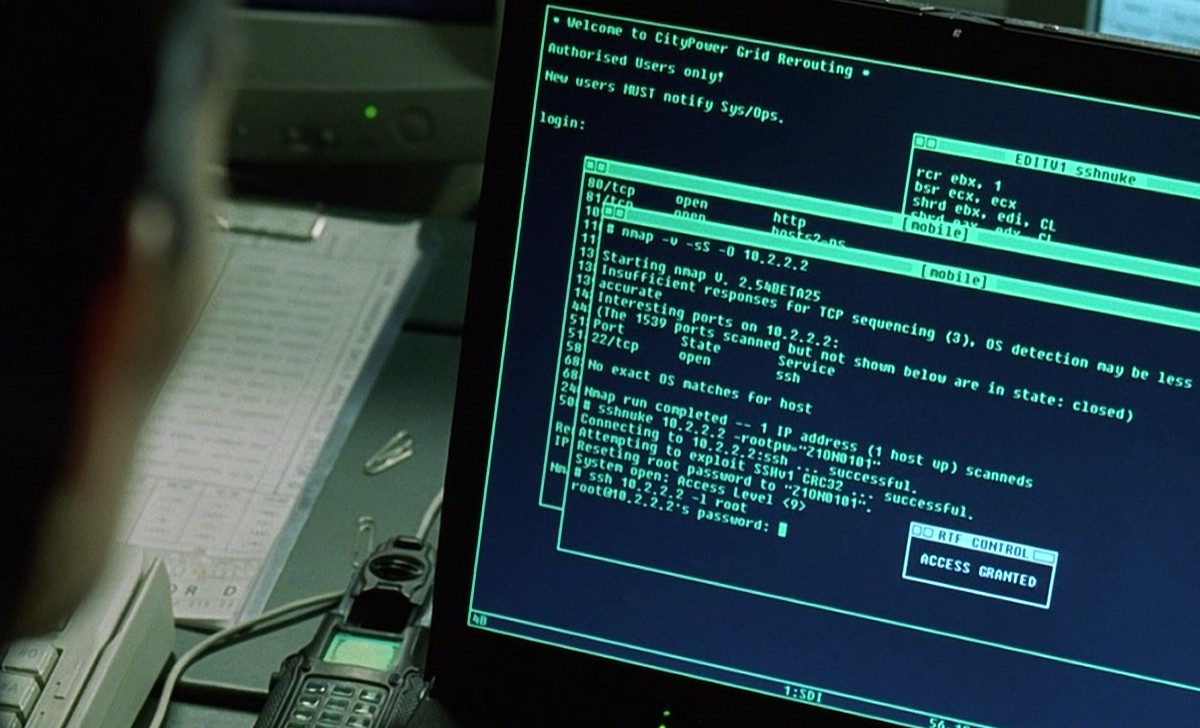

Rouland says at least 400 Linux computers - with IP addresses indicating they may be located mainly in the U.S., Romania and Australia - have already been compromised by Trinity. The chat feature in the new Trinity distributed denial-of-service attack tool makes it easier for the hacker to launch an attack and helps the hacker prevent his real identity from being uncovered, since hackers typically change their IP address for use in a chat channel.

"From a hacker's perspective, that's great." "With the older distributed denial-of-service attack tools, the hacker has to keep a list of all the machines he broke into, while with Trinity, they all report to you, and all these Trinity agents appear in the same chat room," says Chris Rouland, director of an Internet Security Systems (ISS) SWAT team called the X-Force. Trinity is a better tool for an attack because it can be controlled through either a standard Internet Relay Chat (IRC) channel or America Online Inc.'s chat, ICQ.


 0 kommentar(er)
0 kommentar(er)
